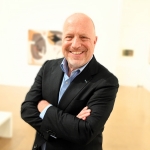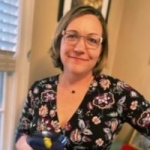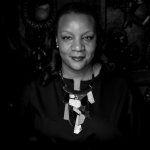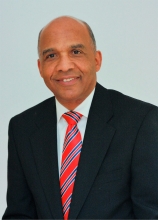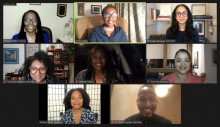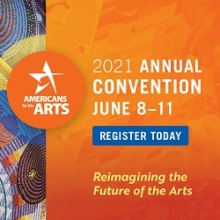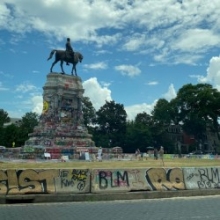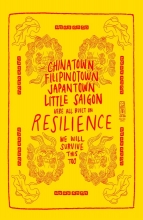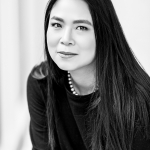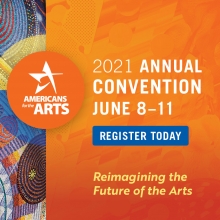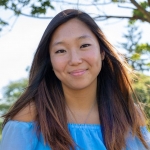Since the late 1970s, the Salt Lake City Arts Council has promoted, presented, and supported artists, arts organizations, and arts activities to further the development of the arts community and to benefit the public by expanding awareness, access, and participation. As director of the Arts Council, Felicia Baca acts as the chief arts and culture advocate for the city and oversees the development, promotion, implementation, support, and strengthening of creative programs and policy. “I’m an advocate, ambassador, and relationship-builder to elevate artists and art organizations in the city, while facilitating opportunities for residents to engage in the arts. My hope is to further the development of an arts ecosystem citywide that considers artists and arts engagement as essential for livability, equity, and economic development. Our Arts Council has a variety of functions, including granting, public art, and public programs. It all ties back to serving as an advocate for artists, and engaging residents in the many benefits of the arts.”
Read More



